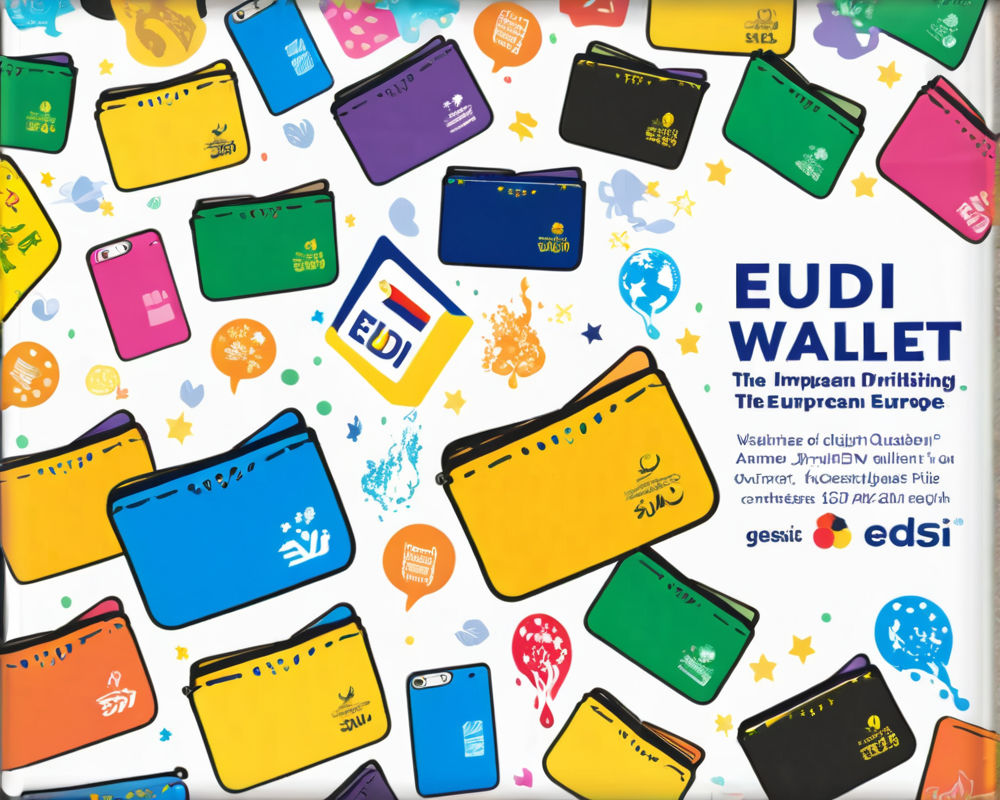European Digital Identity Wallet: What You Need to Know
On March 15, the European Parliament made headlines with a resounding vote of 418 to 103, alongside 24 abstentions, endorsing plans to negotiate a mandate for the European Digital Identity (eID) framework and its star feature, the European Digital Identity Wallet, or EUDI Wallet. This initiative aims to revolutionize how citizens of the EU manage their IDs, health cards, and certificates by condensing them into a user-friendly smartphone application. Imagine having all your identification at your fingertips, eliminating the need for a bulky wallet that could rival a suitcase!
The Great Digital Leap: Control and Access
This new eID framework is designed with the utmost convenience in mind, enabling users to authenticate their identity online without relying on tech giants like Apple or Google. The crux of the plan rests on ensuring that EU citizens have complete control over their data. With this wallet, you can choose what information to share and with whom—a digital privacy win! But let’s be real: how many of us actually read the terms and conditions before clicking ‘Agree’?
Adoption Goals: Will It Fly?
European lawmakers are whimsically optimistic, setting a lofty target of having 80% of the population utilizing the EUDI Wallet by 2030. The idea is to integrate this wallet with e-government services and be a prerequisite for businesses that require customer identification—think Know Your Customer checks. Public services should see this initiative as an opportunity, but here’s a kicker: if major platforms like Google and Facebook don’t jump on the bandwagon, will the wallet lose its appeal?
Usability: The Make or Break Factor
According to industry expert Clemens Schleupner, the key to gaining traction for the EUDI Wallet lies in its usability. If it doesn’t make life simpler for European citizens, it might end up gathering digital dust. Electronic IDs are already in circulation in countries like Germany, but how effective are they in everyday situations?
- Applying for loans
- Accessing healthcare services
- Registering for events
Schleupner emphasizes that the wallet must ensure a seamless experience with high security standards—a tall order when you account for the varying levels of tech-savviness among the populace.
Security and Privacy: The Never-Ending Battle
With great power comes great responsibility, and in this case, it’s about safeguarding personal information. The conversations surrounding privacy are heating up, thanks to privacy advocates who warn against the potential pitfalls of digital identities. One key aspect is ensuring that tracking by wallet providers is strictly regulated; we certainly don’t want any digital Peeping Toms!
“What is necessary is a central anchor of trust enabling the enforcement of rules for the protection of individuals,” says Christoph Stein, a privacy spokesperson.
Under the proposed framework, there remains concern over “over-identification”—as if everytime you buy groceries, you have to flash your digital ID. This concept begs the question: are we paving the way for a future where anonymity in our daily transactions disappears?
Emerging Technologies: A Double-Edged Sword
The recent inclusion of zero-knowledge proofs (ZK-proofs) in the discussions could revolutionize privacy. This allows users to confirm their age without revealing their identity—a tech twist that sounds like something out of a sci-fi novel! But as with all new technologies, there are hurdles to clear, including ensuring that they meet legal standards and don’t introduce vulnerabilities that could be exploited.
Final Thoughts: The Road Ahead
As the negotiations progress between the European Parliament, Council, and Commission, the success of the EUDI Wallet hinges on a delicate balance of usability, security, and public trust. It’s a tall order, but if executed well, we could witness a foundational change in how identity is managed across Europe. Only time will tell if the wallet becomes the trusted companion for sensitive health, identity, and financial data—or merely another app we forget we even downloaded.




